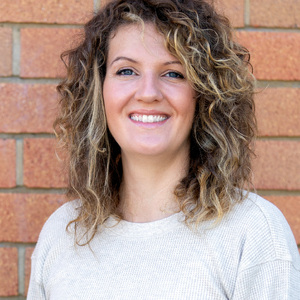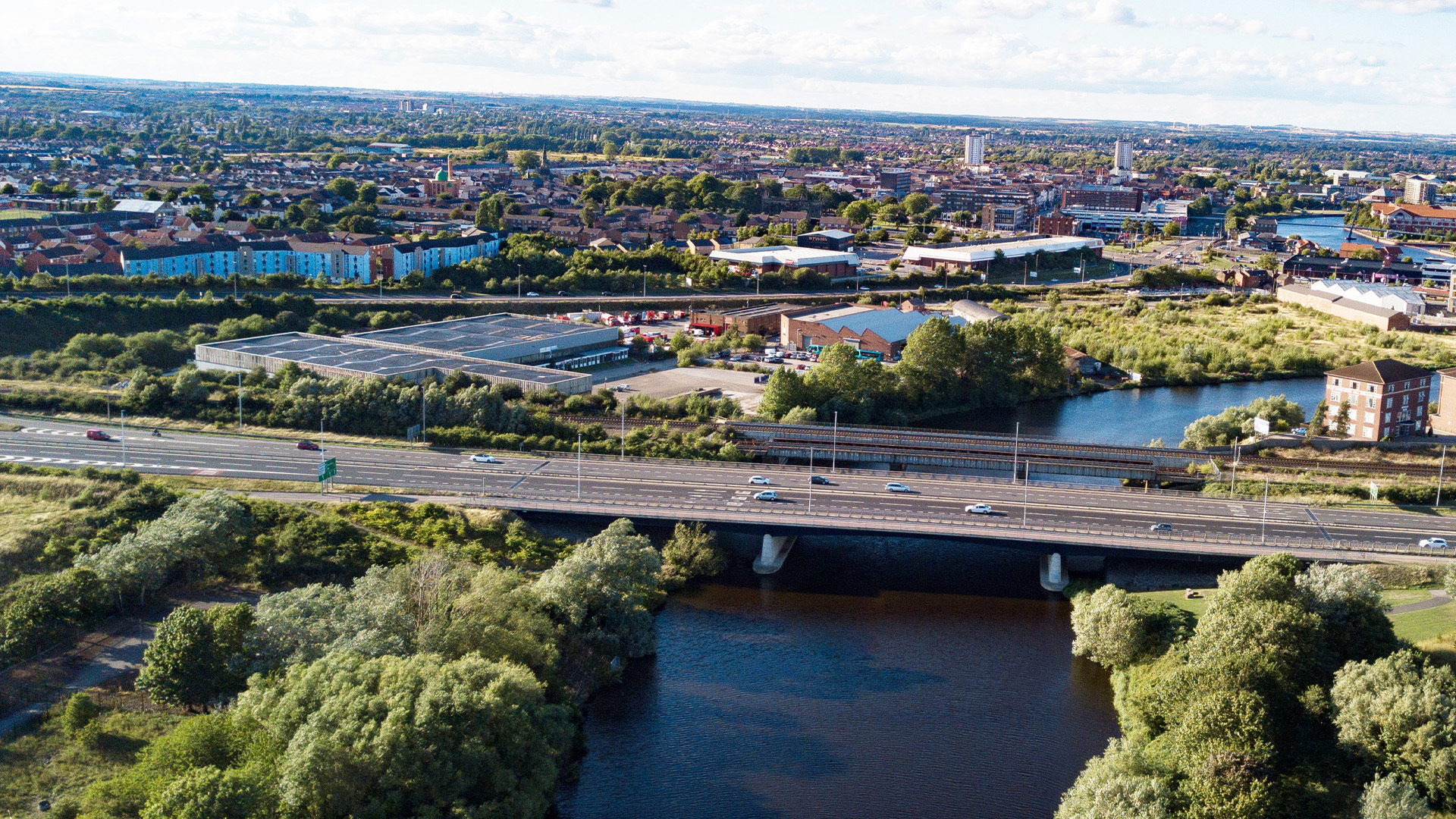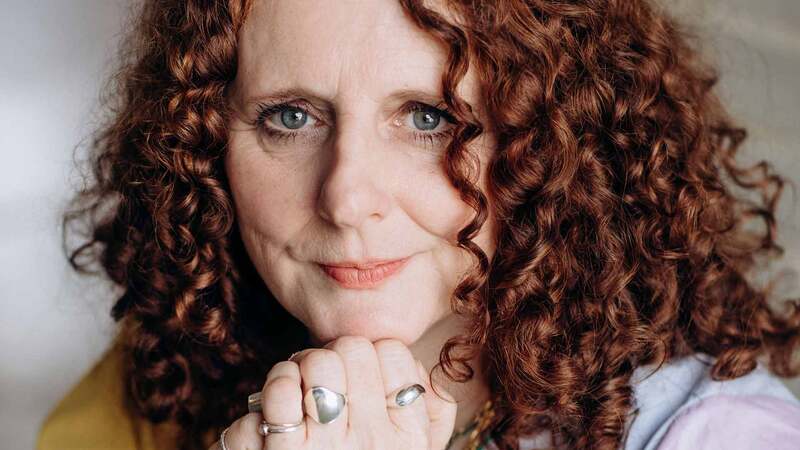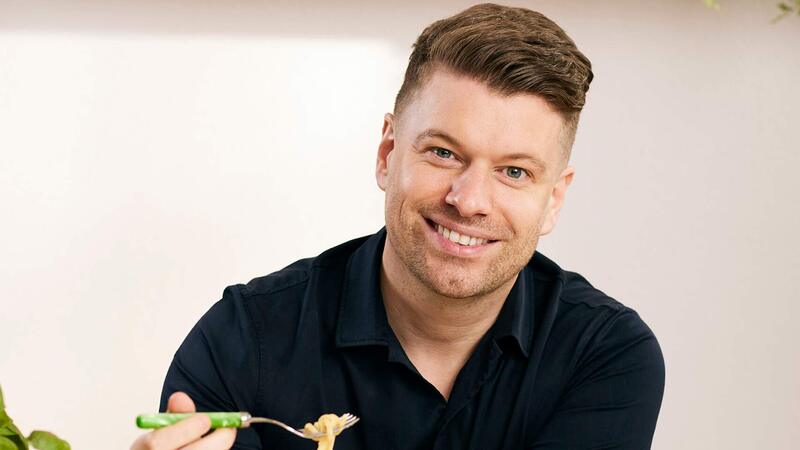You are viewing your 1 free article this month. Login to read more articles.
Inclusion starts with education
Publishers have to get out there and show Northern kids that a career in books is possible.
Growing up in the North of England, I regularly changed what I wanted to be when I was older – though one thing stayed constant. Whether my dream job was forensic scientist, astronomer, police officer or Statue of Liberty (not even kidding, ask my mam) these possible professions always came with one addendum – "or a writer".
Then, and for a long time into adulthood, writing was always an unobtainable, unsustainable, impossible career choice. It was a wistful addition to reality because it wasn’t "a real job". Though I’m grateful to have parents who said I could be anything I wanted to be, who took me to the library every Saturday morning, not once did I find myself in those bags of books I brought home each week.
At 25, I started writing my own novel set in the North East that uses Northern dialect because I wanted to see myself, my family and my community represented in fiction. Ten years on, it still hasn’t found a publisher, but the experiences of submitting that manuscript and the subsequent rejections (many based on the fact it’s Northern) have led to a PhD and now the "Northern Writers" podcast
While recording "Northern Voices", I’ve heard repeatedly that for many children and adults in the North being a writer or publisher seems as unattainable and far-fetched as becoming New York’s most iconic statue. Thornaby-based writer Andrew Ballantyne – who won New Writing North’s Sid Chaplin Award in 2022 and is featured on this week’s episode of "Northern Voices" – sums it up exceptionally well.
"Thornaby is a small working-class town in North-East England, I can guarantee most people haven’t heard of it," he says. "Pat Barker comes from there; a lot of her formative experiences were there. I’ve lived here my whole life and didn’t find this out until a few years ago. It was baffling to me that nobody, the entire time I’ve been at school, thought to say, if you’re wondering what’s possible look at Pat Barker."
For him, the way to diversifying the UK book industry in both workforce and literary output is to show people – particularly those in regional areas and from working-class backgrounds – that they can have a career in publishing or be a writer. "It’s about making people ambitious, making them feel like it’s not just a hobby by showing them real world examples of what’s possible, early on," he says. "We do that by saying, you might be this type of person – for want of a better way of putting it – but that doesn’t make your input any less valuable and here’s someone who’s proved that."
While recording "Northern Voices", I’ve heard repeatedly that for many children and adults in the North being a writer or publisher seems as unattainable and far-fetched as becoming New York’s most iconic statue
New Writing North c.e.o. Claire Malcolm agrees: "We start to dig into psychological issues because how do you have that ambition [to write] as a working-class person and negotiate that? We found there were bigger issues that meant writers didn’t even get out of the gate. Things like, I didn’t grow up with anyone supporting the idea you could be a writer, I didn’t know anyone who did anything like that, I didn’t feel valued or have the greatest of ideas at school, so who’s interested in me?"
Literary scout Paige Henderson of KLO Scouting says that the onus is on publishers and agents to show aspiring writers what’s available to them. "You need to go round schools and say if anyone enjoys writing this is a thing you can do. It’s about solving the root of it, not just the problem. More open days for authors not requiring them to come down to London, but in different places. There’s also not knowing which publisher to send your writing to. It’s about having a lot more transparency and being more open on websites by explaining who the editors are, what they’re into, where they’re from."
We need to show kids that there are writers out there who are like them and one of the easiest ways to do that is to publish more Northern books. If Northern children see their lives and their dialect and their community represented in literature, they’ll know that writing, getting published and working in publishing are all available to them. It’s that simple.
The publishing industry is finally warming up to the idea of seeing Northern dialect and settings in adult and children’s fiction and, frankly, it’s about time. There is a market for these kinds of stories, the positive response to "Northern Voices" has proved that.
I started writing because I couldn’t see myself in the books I read. But do we really want generations of literature produced out of protest at a lack of Northern representation? Or do we want to inspire people to write, to embrace those stories and experiences, and enrich the literary output of the country by letting young writers know their lives, voices and communities are valid?
Publishers, it’s up to you to make that change. Not us. Seek out Northern writers, encourage them, publish them. And if you don’t know where to start, I can recommend this great new podcast…

















